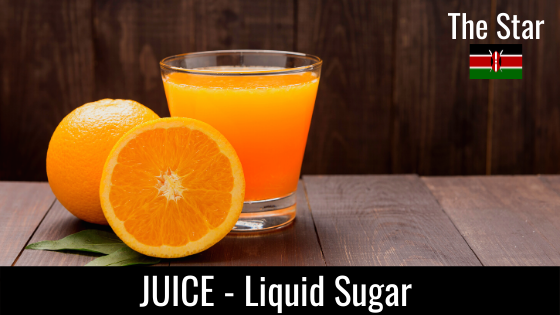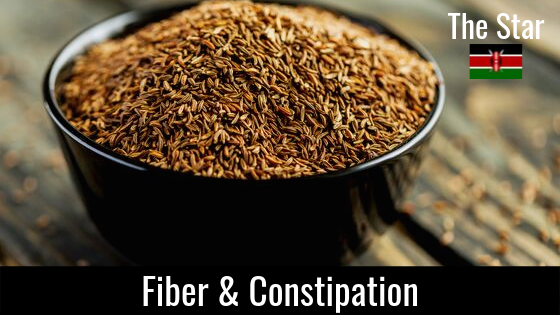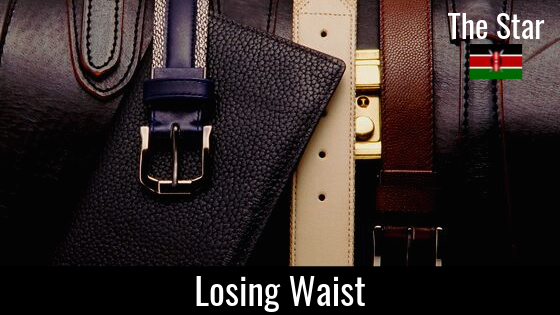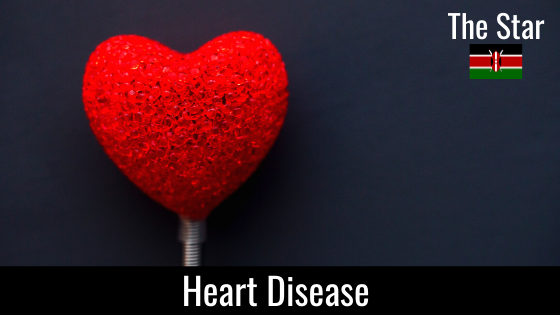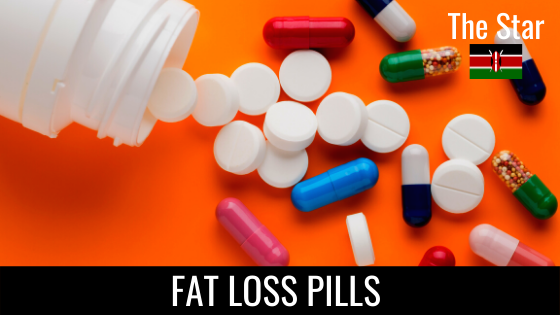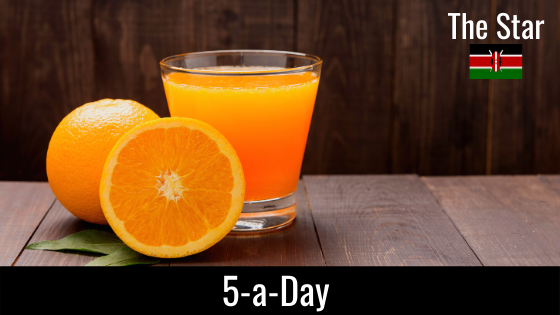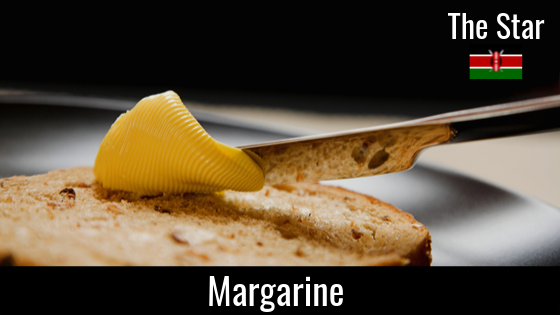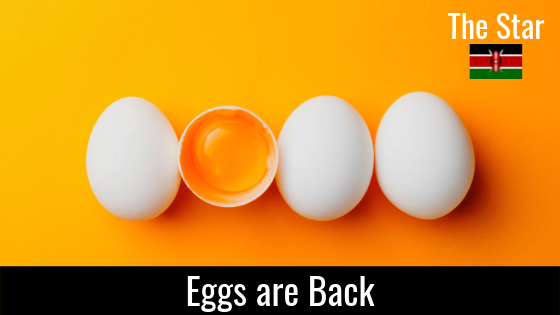Juicing is huge. A modern consumer megatrend. There are thousands of books, websites, apps and social media channels all promoting the health and weight loss benefits of DIY juicing. Close on their heels are the manufacturers of juicing appliances, who have designed hundreds of these squeezing machines that promise to deliver every last drop of ‘goodness’.
Juice – Sugar Loaded
This worrying trend seems to be gaining momentum, riding on the back of the ‘clean eating’ movement. Is this just another fad? In short, yes. Does it matter? Yes – because it could actually be making people sicker and fatter.
Fruits are nature’s candy. A sweet natural treat, cleverly packaged with fibre, which slows the absorption of the fruit sugars, resulting in smaller spikes of insulin – the fat storing hormone. The juicing process squeezes out most of the moisture, leaving behind the seeds, skin, and membranes – where most of the fibre and nutrients exist. This results in a concentrated sugary solution, devoid of many nutrients and the protective effect of the fibre.
Eat your fruit. Don’t drink it.
This glass of juice is then consumed in minutes, bypassing the chewing that starts the digestion process. Devoid of fibre, the juice quickly exits the stomach into the small intestine. Here, the sugar is rapidly absorbed, spiking your insulin levels. Insulin’s job is to remove this excess sugar from the bloodstream. It’s effect peaks in a matter of minutes, sending your blood sugar crashing down again, leaving you with that familiar feeling of fatigue and loss of concentration – the sugar crash.
This is why sugary beverages are particularly problematic. It’s all too easy to consume an enormous amount of sugar in one go, before your brain has had a chance to register that you are full. The predictable sugar crash will leave you shaky, irritable and hungry.
Natural Sugar – Still Sugar
Approximately 4 large carrots are required to make a 250ml glass of carrot juice. Most of us would struggle to consume that many carrots in the minute or two it takes to consume the juice. One medium sized orange contains roughly 12g of sugar. A 250ml glass of freshly squeezed orange juice contains about 22 g of sugar. To understand how many teaspoons of sugar that actually translates into, take 22g of total sugar and divide by 4tsp per gram of sugar. You get 5.5tsp of sugar per glass!
You may be of the opinion that the sugar in orange juice is all natural, rather than added sugar. My response to this is that the sheer amount of sugar in that drink overrides any nutritional benefit it may provide.
Fructose is a simple sugar, like glucose. Your body does not handle fructose from fruit any differently to fructose from table sugar. Because juicing increases the concentration of sugars significantly, drinking a glass of juice is as unnatural to the body as drinking a glass of soda sweetened with sugar or high-fructose corn syrup.
Glucose can be metabolised by many organs in the body, but fructose can only be metabolised in the liver. Fructose has often been compared to alcohol. The liver can usually handle a small amount of each without consequence. In excess, both fructose and alcohol result in fatty deposits in the internal organs, which can override our body’s ability to use insulin, thereby setting the scene for the development of type 2 diabetes. Fructose is not the ‘safe’ sugar you may think it is. In excess, fructose is uniquely dangerous and uniquely fattening.
Juicing is processing.
DIY juicing may not involve pasteurisation and vacuum packing to maintain shelf-life, but it is still considered processing. It is changing a natural product into an unnatural one, in the assumption that the body will handle it the same way. This could not be further from the truth.
An occasional whole fruit is unlikely to do much harm, but if you regularly juice and drink a large bowl of fruits, you are overloading your body with huge amounts of glucose and fructose. Remember that all excess sugars are turned into fat, regardless of their origin.
If you are overweight or diabetic and considering juicing, my view is that fruit should not feature in your diet. This includes dried fruit, fruit juice or large bowls of fruit salad.
Don’t worry about Vitamin C
We mainly think of fruit as being high in vitamin C. 100g of broccoli contains approximately 90mg of vitamin C, whereas 100g of apples contains only 5mg. The vitamin C content of broccoli is 18 times that of an apple. Eating more green, leafy or cruciferous vegetables will provide you with many of the vitamins and minerals you would get from fruits –with little to no sugar. Consider this the next time you seek a health boost from juicing your fruit.
The take home message is to eat your fruit. Don’t drink it. The toxicity lies in the processing. Do not be persuaded by ‘’no added sugar’’ claims. Remember that just because your juice contains no added sugar, does not mean that it contains no sugar.
This article was published in The Star Kenya, online and in print on 25th November 2019.

